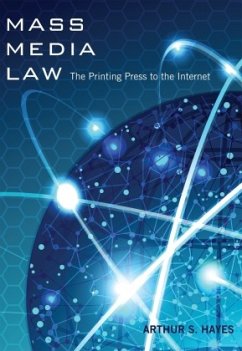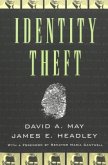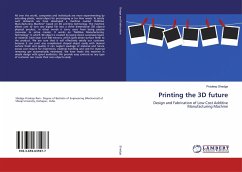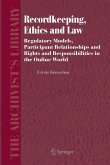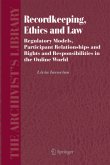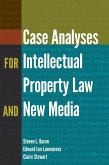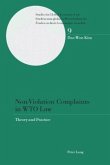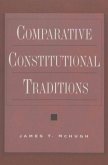Digital media law is now the dynamic legal territory. Mass Media Law: The Printing Press to the Internet is a textbook designed to introduce students to the panoply of legal theories raised by the Internet revolution as well as those supporting traditional media. The book takes a historical approach beginning with the printing press and the telegraph and proceeding to the digital technologies of today, such as social media and search engines. Concepts such as defamation, broadcast regulation, privacy, and free expression are covered along with new media legal theories including Internet exceptionalism, cyber libertarianism, and digital speech and democratic culture. These are introduced to explain why traditional theories such as First Amendment medium-specific analysis, common carriage, and network neutrality are just as relevant today as they were in the early twentieth century. In order to help readers develop critical reasoning skills, each chapter opens with a highly readable realworld vignette and goes on to identify and explain legal doctrines and tests. Key passages from court opinions are highlighted, and each chapter closes with a list of online media law resources and thought-provoking questions, including legal hypotheticals, to give readers a solid understanding of the area in question. Mass Media Law is designed to be the main text and a valuable resource for undergraduate and graduate courses covering media, mass communication, free expression, and journalism law.
«This remarkable study is sophisticated enough to challenge the expert, yet clear enough to engage, and inform,
lay readers and students.» (Martin B. Margulies, Professor Emeritus of Law, Quinnipiac University School of Law)
«Arthur S. Hayes has produced a media law text that superbly captures the dramatically changing technological, institutional, and legal dynamics of the mass media sector, and that provides compelling points of entry for media and communications students to complex legal issues. This is an impressively comprehensive piece of work.» (Hilip M. Napoli, Director, Donald McGannon Communication Research Center, Fordham University)
lay readers and students.» (Martin B. Margulies, Professor Emeritus of Law, Quinnipiac University School of Law)
«Arthur S. Hayes has produced a media law text that superbly captures the dramatically changing technological, institutional, and legal dynamics of the mass media sector, and that provides compelling points of entry for media and communications students to complex legal issues. This is an impressively comprehensive piece of work.» (Hilip M. Napoli, Director, Donald McGannon Communication Research Center, Fordham University)

